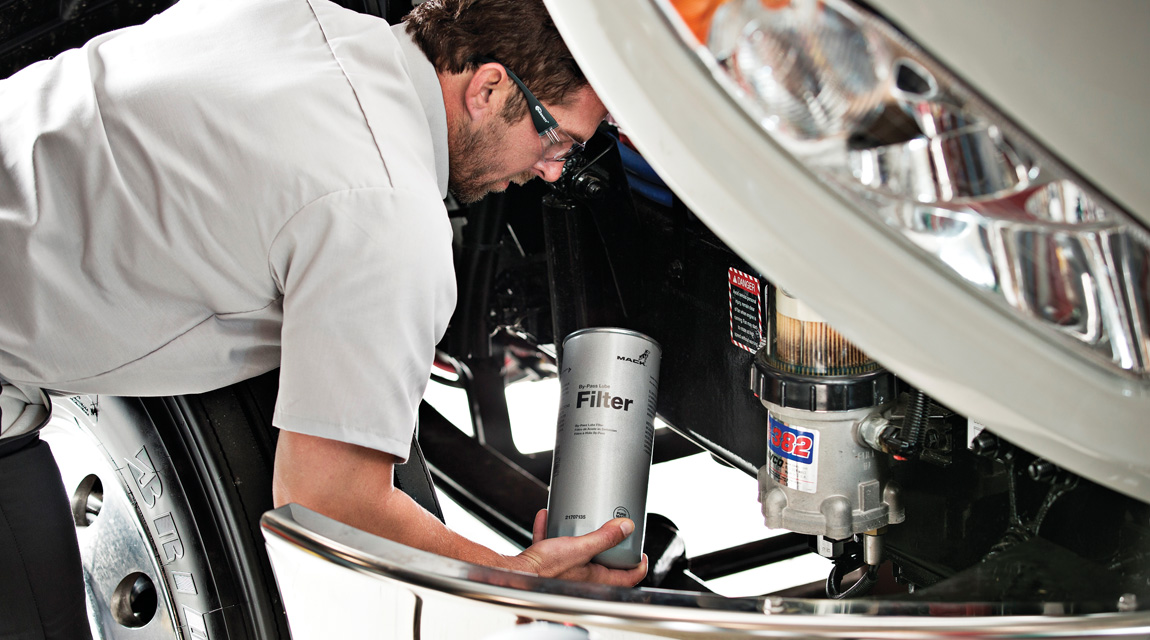Advice from the pros

GAVIN MYERS speaks to the team at Africa Automotive Aftermarket Solutions (AAAS) to see what owners of older vehicles can do to ensure they keep their vehicles running for years to come.
The AAAS procurement team of Werner Greeff (Diesel) and Jacques Heck (Electrical), as well as Hugo Grobler from the AAAS franchise office, form part of a group of companies that has been recognised in the industry for more than 30 years.
“AAAS offers fully trained technicians and fully equipped workshops to meet the end-user’s needs, including well-known names such as ADCO, Motolek, CBS, Silverton Radiators and Auto Care & Diagnostics,” explains Grobler.
The team is, therefore, perfectly placed to answer some pressing aftermarket questions:
FOCUS: Why is it necessary to purchase quality aftermarket parts?
Heck: Quality aftermarket parts first need to be defined. Cheaper aftermarket parts are usually associated with poor quality, but this has changed over time. Nowadays, most aftermarket parts are as good as the original equipment (OE) parts, due to production technology and volume.
Greef: The quality of aftermarket parts not only determines the cost, but the longevity (and enjoyment) of the vehicle. The lower the quality of selected aftermarket parts, the longer the time a vehicle will be off the road for repairs.
Heck: Importantly, it also depends if the part is critical for safety. Once these factors have been determined, one might find that the brand-name aftermarket products are made from better material, which will lead to better warranties and a longer lifespan, and which will indirectly cause less harm to the vehicle.
FOCUS: How can the consumer tell whether or not parts are of a high quality?
Greef: Purchasing aftermarket parts from a reputable company with long-standing relationships will ensure that the product is reliable. “Fly by night” operators will often not take responsibility for the product they sell to the consumer.
Heck: Brands like Bosch and LUK, for example, will usually be associated with reputable spares shops that have been around for some time.
FOCUS: What about the service outlet? How can the consumer ensure this is trustworthy?
Heck: The appearance is often a giveaway. (For example, is it clean and professional?) One should also check if it uses reputable products and brands. One way to “research” the outlet is to find out what brands it sells.
FOCUS: In the case of commercial vehicles, many operators perform their own maintenance. What services can an organisation such as AAAS offer them?
Heck: AAAS tries to offer a full basket of services. This can lead to cost savings and ensure availability of parts for the customer’s fleet. This will also avoid vehicle down time.
FOCUS: How important is regular maintenance as a vehicle ages, and how should the maintenance intervals be adapted?
Heck: Prevention is better than cure… All vehicles have standard service intervals and there is no need to change these intervals as long as they are adhered to and one makes use of a reputable workshop that can identify future mechanical problems.
FOCUS: As a commercial vehicle ages, what are some of the more common problems that may arise and how can these be best prevented and/or dealt with?
Greef: The older a vehicle, the more evident organic wear and tear becomes to the user. Preventative maintenance is always the answer. Owners should commit to having the service parts replaced at the right time and the critical parts checked for early identification of failure.
Heck: In addition, they should focus on the parts susceptible to wear and tear, as well as the safety-critical parts.
FOCUS: What is the takeaway message when dealing with aftermarket parts, suppliers and workshops?
Greef: Remember that time spent off the road cannot be recouped. It’s easier to predict downtime with scheduled services and thorough checks than to deal with a sudden breakdown.
Heck: At the end of the day, it’s up to consumers to ensure they are educated and informed.
Published by
Focus on Transport
focusmagsa




